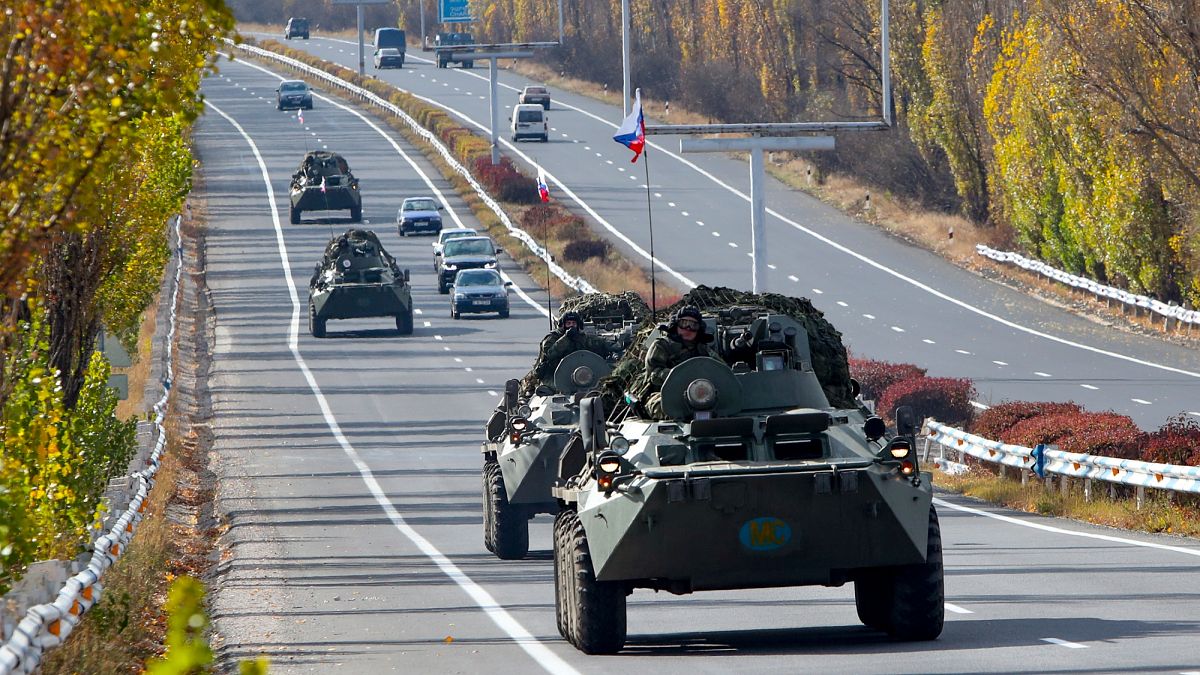

In the intricate tapestry of global military and political affairs, several significant events are currently unfolding. These developments, touching on regions as varied as Eastern Europe, the Caucasus, and the waters of the Red Sea, exemplify the complexity and interconnectedness of today’s international landscape.
In Eastern Europe, the situation in Ukraine continues to evolve as the United States reaffirms its commitment to supporting Ukrainian defense efforts. After a temporary pause in military aid, the US administration has announced plans to resume the flow of weaponry to Ukraine, according to recent statements from President Donald Trump. This decision reflects ongoing high-level discussions between American and Ukrainian officials aimed at providing the necessary support for Ukraine amidst persistent and intense military pressures. President Trump emphasized that the Ukrainian forces require further reinforcement to withstand current challenges, highlighting the importance of sustained cooperation between the two nations.
Parallel to these developments, the geopolitical landscape in the Caucasus region is witnessing its own shifts. Reports have emerged suggesting an increase in Russian military presence in Armenia. Ukrainian military intelligence asserts that Russia is enhancing its capabilities at its largest military base in Armenia, situated near the border with Türkiye. Although Yerevan has denied these claims, the situation remains a point of interest given the strategic importance of Armenia in the broader regional context. This progression underscores the delicate balance of power in this region and the intricate web of allegiances and interests that define it.
Meanwhile, in the maritime realm, the Red Sea has become a focal point of conflict, with reports of attacks on cargo ships heightening concerns. The Houthi rebels, a key faction in Yemen, have claimed responsibility for recent assaults on vessels navigating these vital waters. The Greek-owned cargo vessel Eternity C, sailing under a Liberian flag, came under attack, with reports indicating injuries to crew members and two others reported missing. The Red Sea, a critical maritime corridor for global trade, has long been a flashpoint in the ongoing conflict in Yemen, and these incidents are a reminder of the fragile security situation in the region.
These narratives, while distinct in their geographic and political contexts, are emblematic of the intertwined nature of global affairs. Each scenario reflects broader themes of power dynamics, strategic interests, and the ever-present need for dialogue and diplomacy. As these events unfold, the international community observes with a mindful eye, hoping for resolutions that prioritize peace and stability.
The developments in Ukraine highlight the intricate dance of diplomatic and military support, as nations navigate the complexities of international alliances and commitments. The United States’ reinstatement of military aid to Ukraine reaffirms its strategic interests in Eastern Europe and its commitment to ensuring regional stability. This move is not merely a material support gesture but also a statement of solidarity with a nation under duress, underscoring the importance of maintaining strong alliances in the face of external pressures.
Simultaneously, the situation in Armenia shines a light on the subtle yet significant shifts in military alliances and postures. Russia’s purported augmentation of its military presence in Armenia could have rippling effects throughout the region, influencing the security calculations of neighboring countries and broader geopolitical alliances. The validity of these claims and the responses they provoke will be key indicators of the future trajectory of the region’s political landscape.
The incidents in the Red Sea remind us of the maritime domain’s vulnerability to geopolitical tensions. Shipping routes, essential for global commerce, can quickly become theaters of conflict, affecting not only regional stakeholders but also the global economy. The continuing attacks by the Houthi rebels underscore the urgency for comprehensive peace efforts in Yemen and reflect the broader challenges of achieving sustained security in regions marred by prolonged conflict.
As these developments progress, a balanced and mindful approach to international relations remains crucial. The current dynamics call for diplomatic engagement that prioritizes dialogue and mutual understanding over confrontation. In a world characterized by interconnected challenges, collaborative efforts and peaceful resolutions offer the most promising paths toward sustained harmony and progress.
Source: {link}
